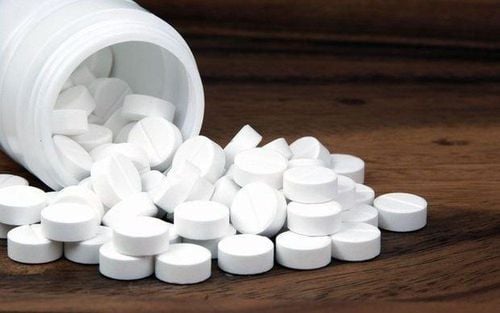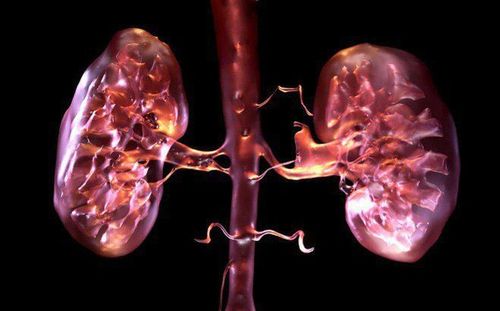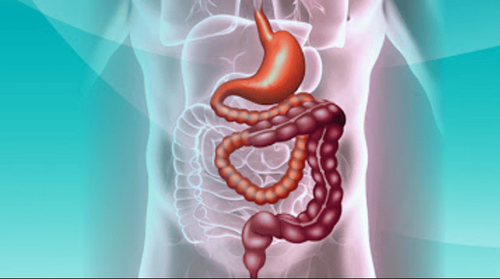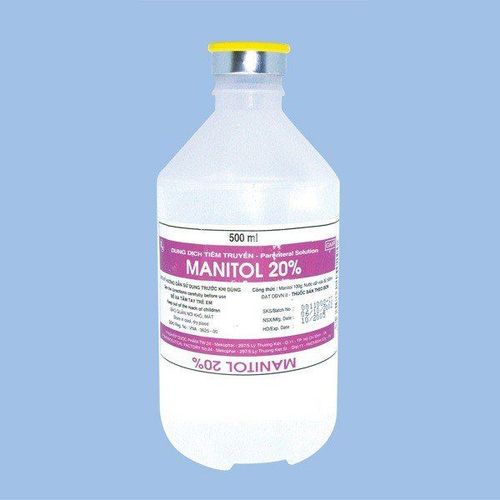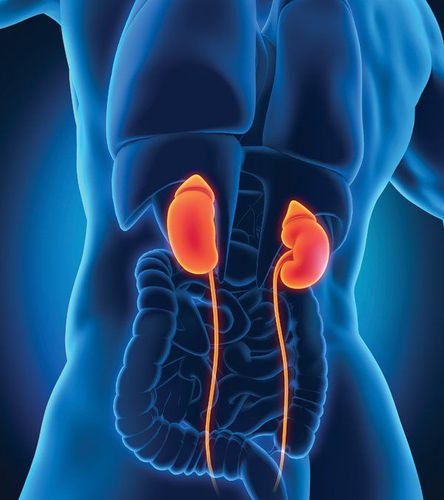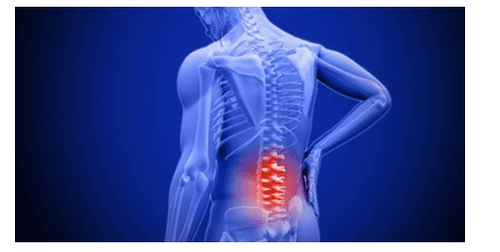This is an automatically translated article.
The article is professionally consulted by Specialist Doctor I Nguyen Hung - Department of Medical Examination & Internal Medicine - Vinmec Danang International General Hospital.
The kidneys act as a waste treatment plant, removing harmful substances and maintaining the balance of water and minerals needed by the body. When you have chronic kidney disease, this function of the kidneys will be impaired. Proper nutrition helps patients with chronic kidney disease preserve kidney function and limit complications of the disease. So what are the nutritional principles for people with chronic kidney disease?
1. What is chronic kidney disease?
Chronic kidney disease, also known as chronic kidney failure, is a condition in which the function of the kidneys falls below normal. The kidneys are not able to remove waste and excess water from the body, causing waste and excess water to accumulate, which has a negative impact on the patient.If detected early, chronic kidney disease is not dangerous for the patient. However, in the early stages, chronic kidney disease often has no obvious symptoms, so the disease often worsens until the stage of kidney failure is detected.
2. How does nutrition affect people with chronic kidney disease?
People with chronic kidney disease are always advised to pay attention to food and nutrition issues. Because nutrition for patients with chronic kidney disease is a key factor to decide whether to continue or stop before the battle against complications of CKD.People with chronic kidney disease in addition to drug treatment or surgery... need to have a reasonable diet. The kidney is an organ that excretes toxins and unnecessary substances in the body and filters the blood. Therefore, the nutrition of people with chronic kidney disease is very important to avoid toxic or unnecessary substances that make kidney damage worse.
To preserve kidney function, prolong dialysis time as well as limit complications of the disease, it is necessary to follow a reasonable diet.
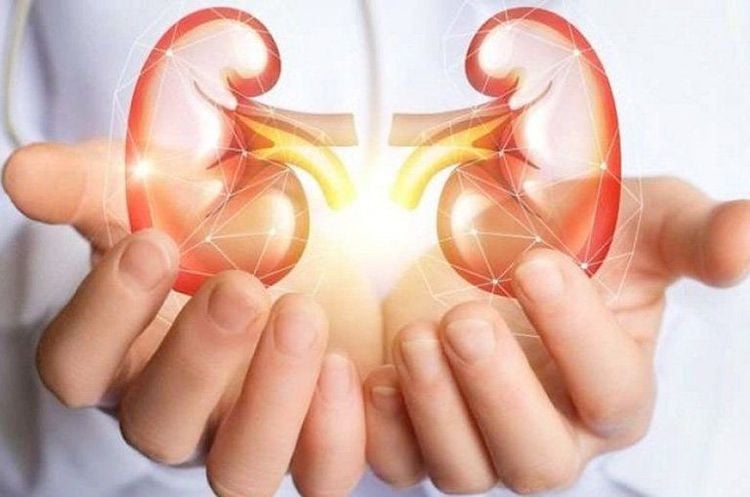
3. What should people with chronic kidney failure eat?
For patients with chronic kidney disease, the cause of malnutrition is due to inadequate food intake (anorexia, too much diet, too much protein restriction ..), metabolic disorders, hormone disorders. , digestive diseases....Patients with chronic kidney disease are often advised to reduce protein in their diet. However, depending on the severity of the disease, the reduced protein diet of each subject will also be different. Patients with severe renal failure must undergo dialysis before implementing a reduced protein diet. As for patients with mild kidney failure, need to increase protein intake more than normal people.
Here are some notes when building a diet for patients with chronic kidney disease.
3.1 The diet must be suitable for the stage of the disease A moderate diet is an important part of the treatment of chronic kidney disease. Chronic kidney disease is usually divided into 5 stages, and each stage of the disease will determine the appropriate diet.
Stage 1 and stage 2: Only moderate according to the type of comorbidities such as diabetes, hypertension, cardiovascular...; Stage 3 and stage 4: Each patient with chronic kidney disease has unique pathologies, so the patient adheres to the basic principles of abstinence, but it is not absolutely true to the general principles; Stage 5: At this stage, the patient needs to undergo dialysis or a kidney transplant, the diet will have to change to be suitable for the treatment process. 3.2 Foods to limit for patients with kidney failure Energy, fat, protein, phosphorus, water, potassium, minerals, salt and vitamins are issues that need to be controlled in people with chronic kidney disease, specifically:
Potassium, phosphorus: It is necessary to remove these two substances when processing food by chopping, soaking food in water, cooking it a few times and then removing the water before eating. Potassium-rich fruits such as mangoes, bananas, pumpkins...., dairy foods such as milk cakes, yogurt..., cheeses, animal organs such as liver, kidney... also should Limit use in the diet of people with chronic kidney disease.
Water: It is necessary to ensure that the body always balances the necessary amount of water. In the early stages of the disease, there is no need to restrict water. It is necessary to limit the amount of water when the patient shows a lot of edema, urinating less. Limit the use of watery foods such as porridge, ice cream, soup, soup... When the patient has diarrhea, dehydration, vomiting, it is necessary to drink enough water to compensate.
Calcium: People with chronic kidney disease should not eat a lot of calcium-rich foods such as clams, shrimp, crabs...
Salt: People with chronic kidney disease should not eat salty foods, the kidneys will have to work more when eating a lot of salt, only Eat 2-4 g of salt/day.
Fat: Patients with chronic kidney disease should reduce cholesterol and saturated fatty acids in animal fat because patients may be at high risk of lipid metabolism disorders, atherosclerosis and complications related to Cardiovascular disease makes the condition worse. It is recommended to increase the intake of foods and cooking oils containing a lot of unsaturated fatty acids and omega 3.
Energy: Consists of 3 main ingredients with the following ratio of ingredients: powdered sugar (50-60%), fat (25-30%), protein (<10% total energy). The energy provided to CKD patients is equivalent to that of normal people (30-35 kcal/kg). The body has to use protein from the muscles, which produces a lot of nitrogenous waste, which makes the kidneys work harder when your body is not supplied with enough energy.
Protein (protein): This is an extremely important nutritional component. Protein deficiency, patients are susceptible to other co-morbidities and are at risk of death. However, the accumulation of urea due to protein degradation in patients with renal failure will aggravate the disease. Therefore, when suffering from chronic kidney disease in stage 3-4, it is necessary to limit protein, at about 0.6-0.8 g/kg/day. It is recommended to combine both types of protein: high-quality protein and low-quality protein.
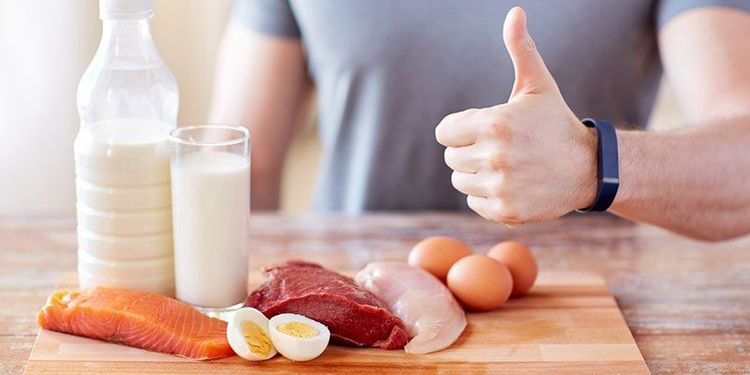
When the diet shows that it is effective - that is, the test indicators are within the allowable range - the menu should be changed, adding rich and colorful spices to stimulate people. disease eat better.
Nutrition for patients with chronic kidney disease is very important, therefore, it is necessary to understand and implement basic nutritional principles to preserve kidney function and limit the risk of complications of the disease. can happen.
Dr. Nguyen Hung graduated as a doctor specializing in General Internal Medicine - University of Medicine and Pharmacy, Ho Chi Minh City; Can speak English and French. With over 36 years of experience in the profession, of which 17 years is the Head of the Department of Endocrinology - Endocrinology, Da Nang Hospital, the doctor has experience in treating endocrine - diabetes and kidney diseases. Currently, he is an endocrinologist at the Department of Medical Examination & Internal Medicine at Vinmec Danang International General Hospital.
Please dial HOTLINE for more information or register for an appointment HERE. Download MyVinmec app to make appointments faster and to manage your bookings easily.





